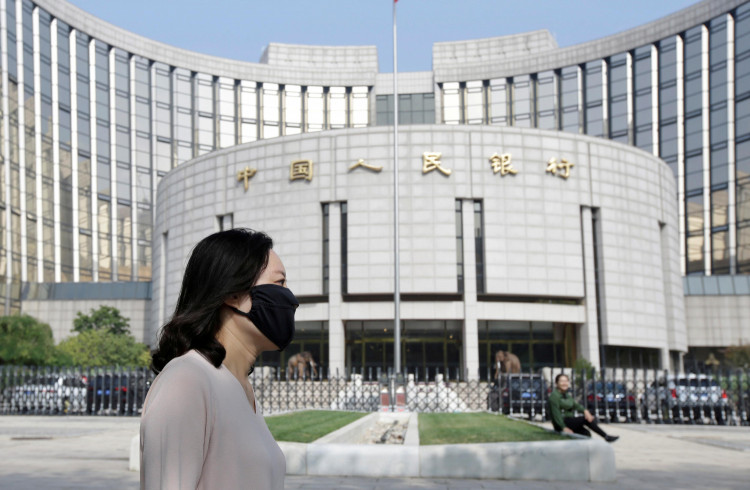The People's Bank of China is taking a new step to streamline commercial lending policies that would bring interest rates on loans down, and help steer the economy into a safe and productive course.
The Chinese financial institution uses a manifold of strategies to keep the flow of money steady and lending rates tailor-made for borrowers. One of the methods it relies on is the Loan Prime Rate, an interest rate program for clients with good credit standing.
On Saturday, the PBOC announced that it was amending its loan prime rate in order to cut loan interests for businesses. The government's economic managers have employed both financial and fiscal systems to boost the country's trade, but some market observers say certain aspects of the economy need an immediate stimulus.
The Chinese federal bank said the LPR will be linked to upcoming commercial lending quotes, and 18 banks and finance companies will be granted access to the loan programs. The new policy comes after the country's economy weakened to its lowest rate in more than two decades.
In an online memo, the PBOC stated that by amending the policies of the new loan package, borrowers "will be able to use market-based reform systems to help cut lending rates, especially for smaller enterprises." The measure also comes at an important time as the country's gross domestic products is vulnerable to drop 7 percent next year as US taxes on Chinese imports come in the picture, United Overseas Bank market experts noted.
The PBOC recently allowed the yuan to fall below the 7-per-dollar exchange rate, a crucial psychological threshold it had kept for many months. The act underscored China's preparation for an extended economic tussle with Washington, as an ill-performing currency helps cut export prices for other nations.
Unlike the US Federal Reserve, the People's Bank of China is not hinged on a single financial policy framework. Instead, it works on several mechanisms to manage the flow of cash and interest rates in the globe's second-biggest marketplace.
China's central bank has stated that the implied lower-bound lending rates are a major factor why borrowing costs have not dwindled although other interest rates that are fragile to market supply and demand have been slashed.
The country's one-year loan prime rate was down 4.26 percent from its recent 4.32 percent. While the new policy should push up the volume of corporate lending, and the number of clients, its effects are expected to be "very muted," UBS currency strategist Tao Wang disclosed in a CNBC interview, Monday.





